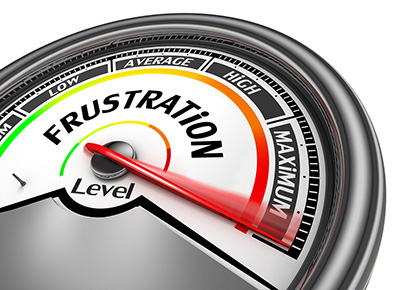
Turn down the rage meter
All too often, we hear about road rage incidents that lead to violence. Are such events more common or do we just hear more about them? According to the National Highway Traffic Safety Administration, fatal accidents involving road rage grew nearly tenfold since 2004, from 26 in 2004 to 247 in 2013.
Digging beneath the headlines, we often find the perpetrators described as mild-mannered people, just like your neighbor or just like you and me. What made these people snap? And what’s your rage meter – could it happen to you?
Road rage, air rage, work rage, political rage and any of a number of other disruptive or violent behaviors refer to incidents of explosive anger wildly disproportionate to the situation at hand.
It’s normal to feel anger from time to time. Anger is a human emotion. It’s also part of our “fight or flight response” when we perceive a threat. Anger can occur when we feel frustrated, violated, powerless, or feel we have been done an injustice. It’s not wrong to feel anger, but it’s what we do with it and how we express it that can lead to problems.
Anger operates on two levels: the mental/emotional level and the physical response. Often the physical reaction – an increase in adrenaline – can dictate the way we respond. That is why the “count to ten” and “take a deep breath” advice makes such good sense. If we can calm down and master our physical response, it can be easier to deal with our angry feelings more rationally.

Most of us can learn better anger management by paying attention to what makes us angry and how we respond. We can often interrupt anger patterns and respond more productively by learning relaxation techniques, deepening our problem solving skills, learning to communicate more effectively and developing ways to channel anger more positively.
It can also help to take care of our health. Feeling stressed, overtired or hungry can make it more likely we might overreact. Alcohol and drug consumption can also contribute to inappropriate reactions.
Sometimes, anger management counseling can help.
Here are some signs you may benefit from professional help: angry behaviors have caused harm to yourself or others • increased feelings of anger • inability to control expressions of anger • finding it difficult to deescalate • preoccupation with injustices or slights • inability to let go of anger • anger-related depression or guilt.
Learn more about anger management by logging in to www.theEAP.com or call your EAP 24-7 for counseling help, support and tools!
1.800.252.4555 or 1.800.225.2527
View more newsletters at www.theEAP.com
